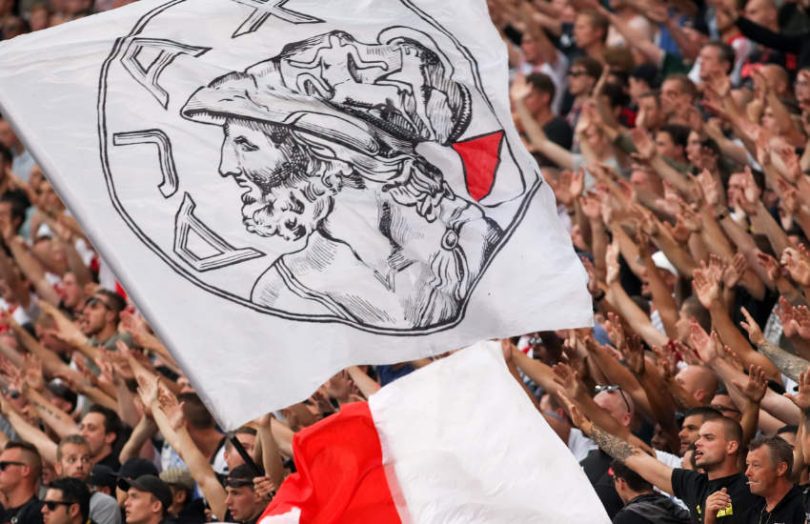As reported by BNR, the Dutch Gaming Authority is investigating fantasy football NFT platform Sorare after Ajax football players traded Sorare NFTs allegedly based on insider information. The country’s top football league, Eredivisie, is a partner of Sorare, which has official NFT cards for all the league’s teams and players. The national football organization, KNVB, told BNR that the organization’s gaming regulations do not extend to non-fungible tokens (NFTs). Sorare has responded to the allegations below.
Sorare’s platform operates a fantasy football game where users purchase or trade players’ cards as NFTs and choose from their collection a weekly line-up of five players to go against other users’ line-ups. The performance of the digital team depends on players’ actual playing statistics throughout the week’s games. Among other factors, users’ expectations of a player’s future performance on the field influence their NFT cards’ market price.
In the run-up to Eredivisie’s Cup Final over the weekend, Ajax player Daley Blind sold the NFT of goalkeeper Andre Onana. He and teammate Klaassen purchased NFTs of the backup goalie Maarten Stekelenburg on Sorare’s marketplace. Subsequently, it was revealed that Stekelenburg was the starting goalie for the match, leading to allegations of the players using insider information.
This is not the first time that Sorare has faced regulatory concerns. In October last year the UK authorities opened inquiries into the platform over operating a betting game without a gambling license.
A study conducted by MIT in 2018 around American football concluded fantasy gaming is inherently a contest that rewards skill, which differentiates it from gambling and betting.
In the Dutch situation, the problem is the regulations regarding the extent to which players can benefit from insider information is not explicit when it comes to digital assets.
The KNVB has strict rules regarding players profiting from the prediction of results or individual performances and has previously suspended players for betting money on their own games. However, the organization confirmed that the regulations do not apply to NFTs. Given the recent development in the Cup Final, KNVB will monitor, review, and potentially update its current code.
This is not an issue exclusive to the Eredivisie. Other football leagues have strict protocols against insider trading and gambling activities. However, since NFTs and fan tokens are new, most regulations have not yet been updated to consider potential concerns regarding these digital assets. Authorities will likely need to tighten up what is allowed or not in the realm of digital collectible trading, which might lead to players being excluded from such initiatives.
Sorare’s response
We asked Sorare whether it might consider creating its own rules around insider trading and monitor activity around games for suspicious transactions. A spokesperson responded, “We are reviewing recent reports of unfair behaviour by professional football players and will take action as necessary to ensure fair play for our community. Sorare’s top priority is building a fun and fair platform for sports fans. We do not condone any unfair behaviour by any of our users and are actively adapting our game rules to ensure that our fantasy game is a level playing field for all.”
Sorare was valued at $4.3 billion when it raised $680 million in funding late last year.
Meanwhile, Sorare has signed its 10th football league worldwide on its roster, the Scottish Premiership. Sorare will manage the league’s first-ever official fantasy football game. Previously signed leagues include the MLS, Bundesliga, and LaLiga.
Update: The article was updated to clarify that the UK Gambling Commission conducted inquiries rather than an investigation into Sorare






